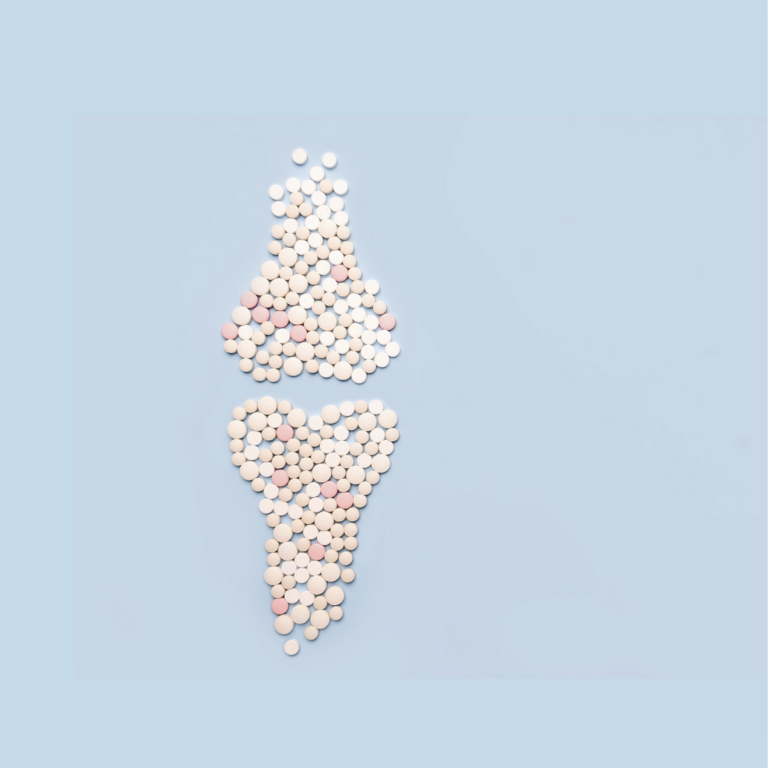Exploring the Potential Benefits of Milk Thistle: What You Need to Know
When it comes to herbal remedies, milk thistle is often at the forefront of the conversation. Celebrated for its potential health benefits, particularly in supporting liver function, milk thistle and its active compound, silymarin, have been the subject of numerous studies. However, it’s crucial to understand that while promising, the evidence is still evolving, and it’s always wise to consult with a healthcare provider before starting any new supplement. Let’s dive into what makes milk thistle unique and explore its possible advantages.
What is Milk Thistle?
Milk thistle (Silybum marianum) is a plant that has been used for centuries in traditional medicine. Its key active component is silymarin, a complex of flavonolignans, which are compounds that combine properties of both flavonoids and lignans. But what exactly does this mean?

Understanding Flavonolignans
Flavonolignans are a specialized group of compounds found in plants, characterized by their combination of flavonoid and lignan structures.
- Flavonoids: These are natural compounds found in a variety of fruits, vegetables, and herbs. Known for their potent antioxidant and anti-inflammatory properties, flavonoids are essential for protecting the body against oxidative stress and inflammation.
- Lignans: These are polyphenolic compounds typically found in seeds like flaxseeds. Lignans have antioxidant properties and can influence hormone activity, contributing to their potential health benefits.
The Role of Silymarin in Liver Health
Silymarin, the powerhouse compound in milk thistle, is classified as a flavonolignan. It harnesses the combined benefits of flavonoids and lignans, making it a subject of interest in scientific research, especially for its effects on liver health.
Antioxidant Properties: Silymarin acts as a potent antioxidant, helping to neutralize harmful free radicals that can damage cells. This is particularly beneficial for liver cells, which are constantly exposed to toxins.
Anti-inflammatory Effects: By reducing inflammation, silymarin may help to alleviate chronic conditions that affect the liver, such as alcoholic liver disease and non-alcoholic fatty liver disease.
Antifibrotic Potential: Experimental studies suggest that silymarin might prevent liver fibrosis, a condition where excessive connective tissue builds up in the liver, potentially leading to cirrhosis.
Current Research and Applications
Ongoing research continues to explore the potential therapeutic uses of milk thistle. Some key areas of interest include:
- Alcohol-Associated Steatotic Liver Disease (ASLD): Previously known as alcoholic fatty liver disease, ASLD is characterized by fat accumulation in the liver due to alcohol consumption. Studies are investigating whether silymarin can support liver function and mitigate damage in these cases.
- Metabolic Dysfunction-Associated Steatotic Liver Disease (MASLD): Formerly called non-alcoholic fatty liver disease (NAFLD), MASLD is increasingly common in individuals with metabolic syndrome. Research is examining how silymarin might aid in managing this condition by reducing inflammation and fat accumulation in the liver.
- Viral Hepatitis: There is interest in how silymarin may benefit individuals with hepatitis B or C by supporting liver health and potentially enhancing the effects of antiviral treatments.
- Iatrogenic Liver Diseases: These are liver conditions caused by medical treatments or medications. Silymarin’s potential to protect the liver from drug-induced damage is under investigation.
Safety and Considerations
While milk thistle is generally considered safe, it’s essential to be aware of potential side effects and interactions:
Side Effects: Milk thistle is well-tolerated by most people, with few reported side effects. However, at high doses, it can cause gastrointestinal issues or allergic reactions in some individuals.
Drug Interactions: Silymarin can affect how the body processes certain medications, potentially altering their levels in the bloodstream. This is why it’s crucial to consult your healthcare provider before starting milk thistle, especially if you are on prescription medications.
Conclusion: A Balanced Perspective
Milk thistle, with its rich history and intriguing potential, offers a natural way to support liver health and overall wellness. However, it’s important to approach its use with a balanced perspective. While studies highlight the promising effects of silymarin, more research is needed to fully understand its role in treating specific conditions.
Always remember, herbal supplements should complement, not replace, the advice and treatments provided by your healthcare provider. If you’re considering adding milk thistle to your health regimen, have a conversation with your healthcare professional to ensure it’s the right choice for you.
Embrace the potential benefits of milk thistle wisely, and let it be a part of your journey towards a healthier, more vibrant life.

Abenavoli, L., Izzo, A. A., Milić, N., Cicala, C., Santini, A., & Capasso, R. (2018). Milk thistle (Silybum marianum): A concise overview on its chemistry, pharmacological, and nutraceutical uses in liver diseases. Phytotherapy Research, 32(11), 2202–2213. https://doi.org/10.1002/ptr.6171
https://www.nccih.nih.gov/health/milk-thistle
https://www.cancer.gov/about-cancer/treatment/cam/patient/milk-thistle-pdq







